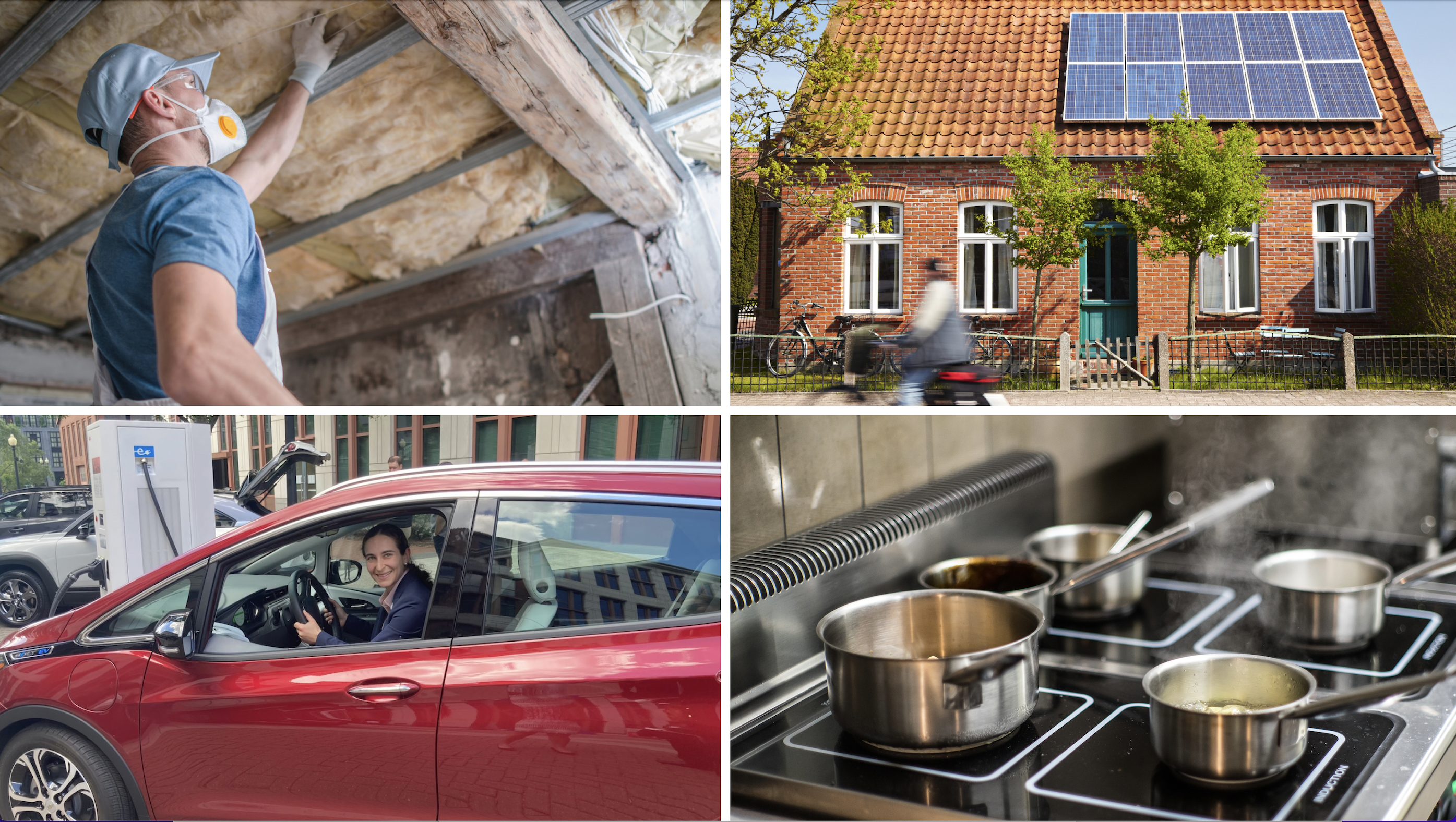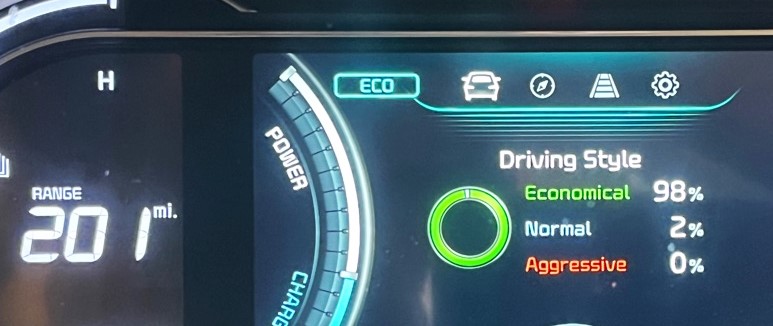
Testimony: Reducing Greenhouse Gas Emissions – Commercial and Residential Building
HB831: Reducing Greenhouse Gas Emissions – Commercial and Residential Building
Environment and Transportation Committee
February 25th, 2022
Emily Scarr, Maryland PIRG Director
FAVORABLE
Maryland could see a critical reduction of greenhouse gas emissions and gas usage if it electrifies all of its buildings during the next 30 years. In 2021 Maryland PIRG Foundation and Environment Maryland Research and Policy Center released Electric Buildings: Repowering Homes and Businesses for Our Health and Environment, which found that completely repowering Maryland’s homes and businesses with electricity by 2050 is expected to result in emissions reductions equal to taking more than 1 million cars off the road.
HB831 makes important provisions to move commercial and residential buildings towards electrification by setting goals for emissions reductions and requiring new commercial and residential buildings be energy efficient and ready for solar, electric vehicle charging, and building-grid interaction.
Maryland PIRG and Environment Maryland support this bill and any provisions that move us to more aggressively transition to cleaner, safer electric homes and buildings. In particular, we support the amendments being recommended by the Climate Partners Table.
Throughout the state, Maryland children and families are suffering from the damaging effects of living with unhealthy air quality. In October, Maryland PIRG Foundation and Environment Maryland Research and Policy Center released “Trouble in the Air,” which outlined elevated air pollution days throughout the state. The Baltimore area experienced 43 elevated air pollution days in 2020, and many metropolitan areas throughout Maryland faced similar levels of air pollution. Elevated air pollution increases the risk of premature death, asthma attacks, cancer and other adverse health impacts.
In the American Lung Association’s 2021 State of the Air Report, six Maryland counties received an “F” for air quality.
According to our 2021 Electric Buildings report, in 2017 20% of Maryland’s carbon emissions came from homes and businesses.
Pollution from fossil fuel powered buildings impacts the climate and the health of Maryland children and families: it’s dirty, it’s dangerous, and it’s puting our health at risk.
A 2019 study that looked at five major urban areas on the East Coast, including Baltimore, and found these urban areas emit more than twice the amount of methane previously estimated by the EPA, with most of these emissions coming from leaks of gas systems in homes and businesses, as opposed to natural sources or landfills.
A 2021 study from the Harvard T.H. Chan School of Public Health found that taken together, commercial and residential buildings are now responsible for approximately 18,300 early deaths and $205 billion in health impacts, accounting for roughly one third of early deaths attributed to air pollution from stationary sources. This statistic is conservative, as it only includes health impacts from one outdoor pollutant and does not account for emissions generated by fuel extraction or the significant health impacts from indoor air pollution generated by burning fuels.
According to the Rocky Mountain Institute, air pollution from burning fuels in buildings led to an estimated 627 early deaths in Maryland and seven billion in health impact costs in 2017.
Fossil fuels also pose a risk to our communities, as seemingly every year we hear of another explosion. The August 2020 explosion that leveled homes, killing 2 people in Northwest Baltimore, the August explosion in Columbia, Maryland that leveled a shopping center, the 2016 explosion in the Flower Branch explosion in Silver Spring Maryland that killed 7 people and left dozens hospitalized, and many other explosions big and small.
While new gas stove hookups are not covered by this bill, they pose a serious public health concern and it’s time to incentivise a transition to induction and electric cooking. A 2022 study from Stanford University found that stoves used without ventilation can surpass the Environmental Protection Agency’s guidelines for one-hour exposure to nitrogen dioxide in outdoor settings within a few minutes of stove usage, particularly in smaller kitchens. The study found no relationship between either the age or purchase price of the stove with methane or NOx emissions. In addition, the report found that gas stoves across the United States emit methane equivalent to the annual emissions from 500,000 cars.
HB831 will:
- Will require new commercial and residential buildings with a gross floor area greater than 25,000 sq. ft. to be built to a modified all-electric standard (water and space heating only).
- Will require reporting by existing and new building owners starting in 2025 and specifies reductions in direct emissions (those produced in heating and cooling the building) starting at a 20% reduction by 2030 and net zero by 2040.
- Will require new buildings to be solar ready and have electric vehicle charging infrastructure.
- Creates a Building Energy Transition Implementation Task Force to study and recommend complementary policies, programs and incentives to reduce greenhouse gasses and develop a plan for retrofitting existing buildings.
We respectfully request a favorable report.
Topics
Authors
Emily Scarr
State Director, Maryland PIRG; Director, Stop Toxic PFAS Campaign, PIRG
Emily directs strategy, organizational development, research, communications and legislative advocacy for Maryland PIRG. Emily has helped win small donor public financing in Baltimore City, Baltimore County, Howard County, Montgomery County, and Prince George's County. She has played a key role in establishing new state laws to to protect public health by restricting the use of antibiotics on Maryland farms, require testing for lead in school drinking water and restrict the use of toxic flame retardant and PFAS chemicals. Emily also serves on the Executive Committees of the Maryland Fair Elections Coalition and the Maryland Campaign to Keep Antibiotics Working. Emily lives in Baltimore City with her husband, kids, and dog.
Find Out More

Clean Energy Home Toolkit

Electric vehicles are good. We can make them better.

Less driving is possible

